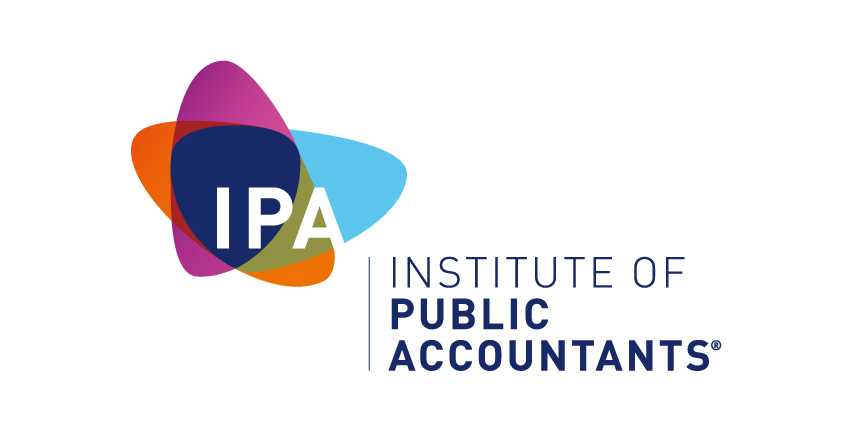CLOSE TO $900 MILLION IN UNBILLED HOURS INVESTED IN MANAGING GOVERNMENT PANDEMIC SUPPORT
22 October 2021
Melbourne, Australia – Accountants have foregone close to $900 million in revenue to help small and medium enterprises (SMEs) access government pandemic support packages, analysis by the Institute of Public Accountants (IPA) has shown.
Lockdowns and trading restrictions left many SME clients in financial difficulties and unable to pay for the increased support.
“Accountants have been a critical intermediary in ensuring that the pandemic support packages are dispensed swiftly and with integrity to support businesses and economic stability. They will now put their shoulder to the wheel to help the recovery effort as NSW emerges from lockdown,” IPA chief executive Andrew Conway says.
IPA analysis shows NSW accountants doing over fourteen hours of unbilled work a week during 2021 lockdowns to decipher the state-based support measures, and help unravel inconsistencies between state and federal rules and eligibility criteria. In Victoria, which has experienced more lockdown days than any other state or city worldwide, unbilled hours are even higher—over 19 hours a week on average.
This comes on top of unbillable hours associated with the implementation of key federal government stimulus measures in 2020.
“Based on our analysis, our members alone have undertaken roughly $120 million in unbilled hours supporting the business community through this incredibly tumultuous period. Extrapolating that across the profession in Victoria and NSW, accountants have foregone close to $900 million in revenue for over 4.4 million free hours provided to clients,” Conway says.
“The pain is not universal, the ability to recover fees depends on whether an accountant’s client base is in the hard-hit sectors – hospitality, tourism, entertainment, anything that relies on international inbound or outbound travel – as well as the sectors that feed off those.”
Three important lessons have emerged from the experience of the past eighteen months:
- National crisis business support packages should be administered federally for fairness, efficiency, and inclusion
- Businesses need to understand how any future spot lockdowns will be managed, who will be managing them and what happens down the road once state support ends
- The 2022/23 roadmap needs to be clearly laid out.
“Considering that COVID-19 is a national crisis, the lack of coordination between the states was far from ideal. The level of compensation a business received was, in effect, determined by its postcode. For an accountant with clients in multiple jurisdictions it was time-consuming to understand different packages and eligibility criteria,” Conway says.
